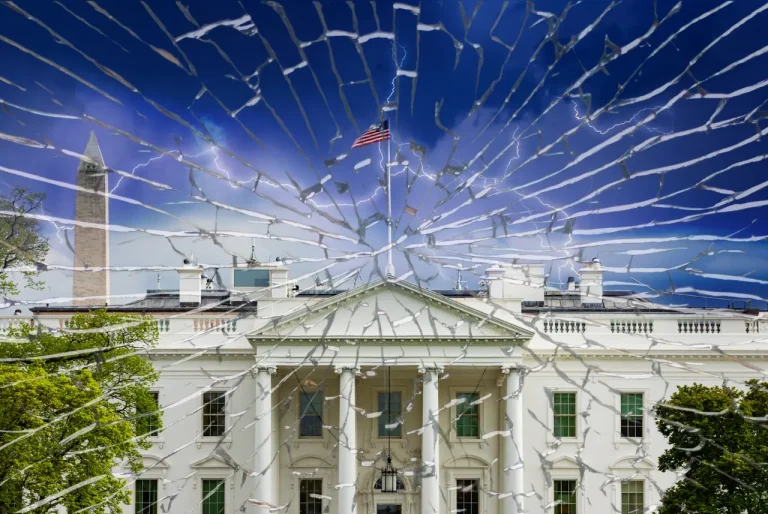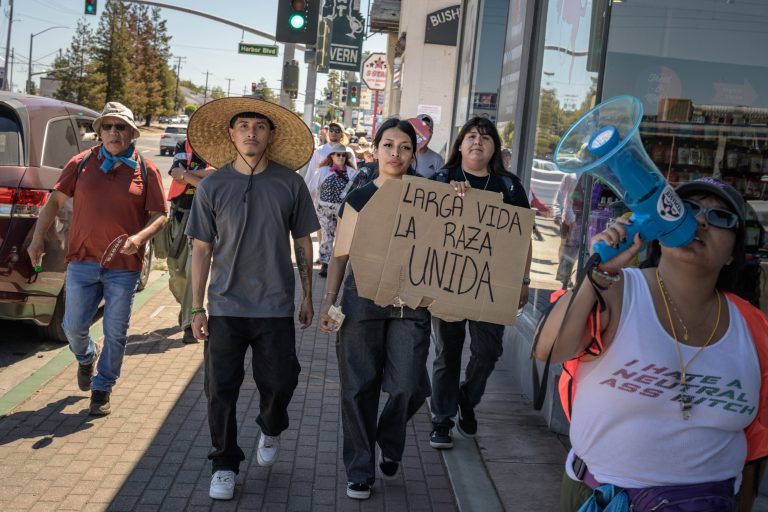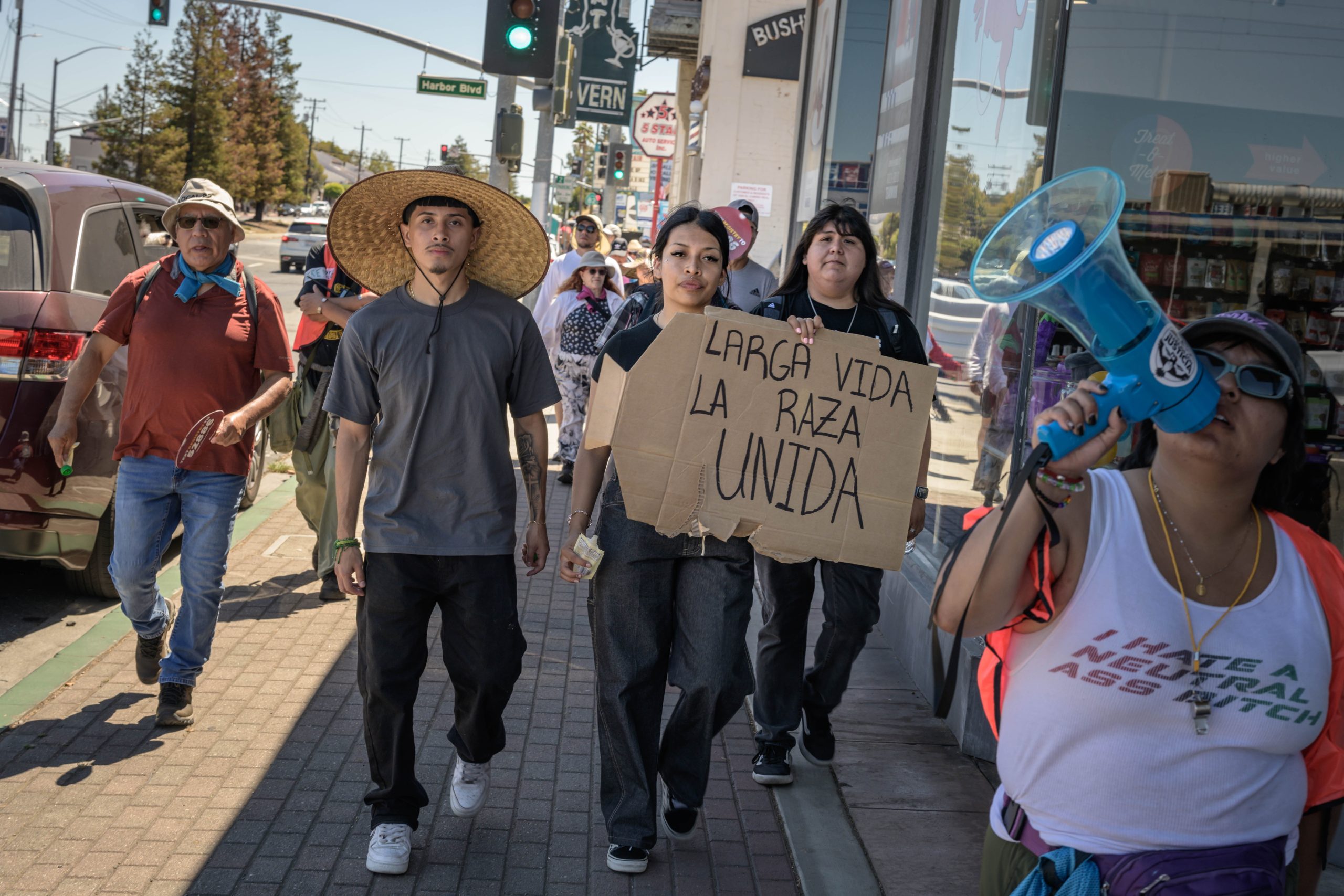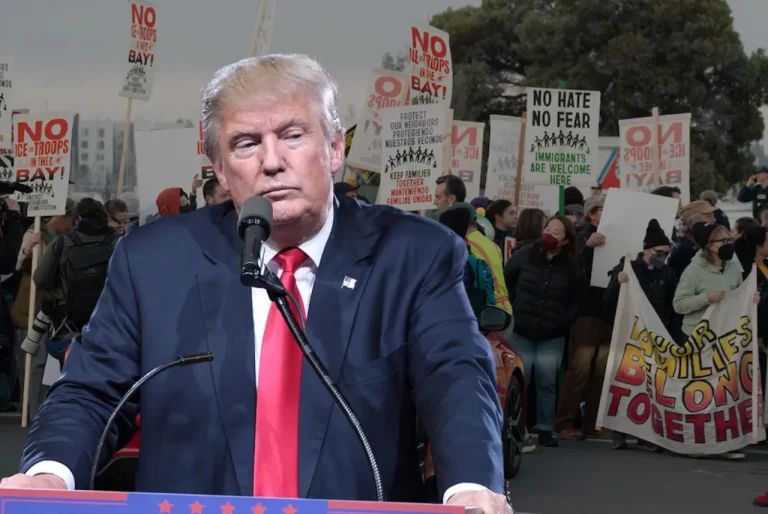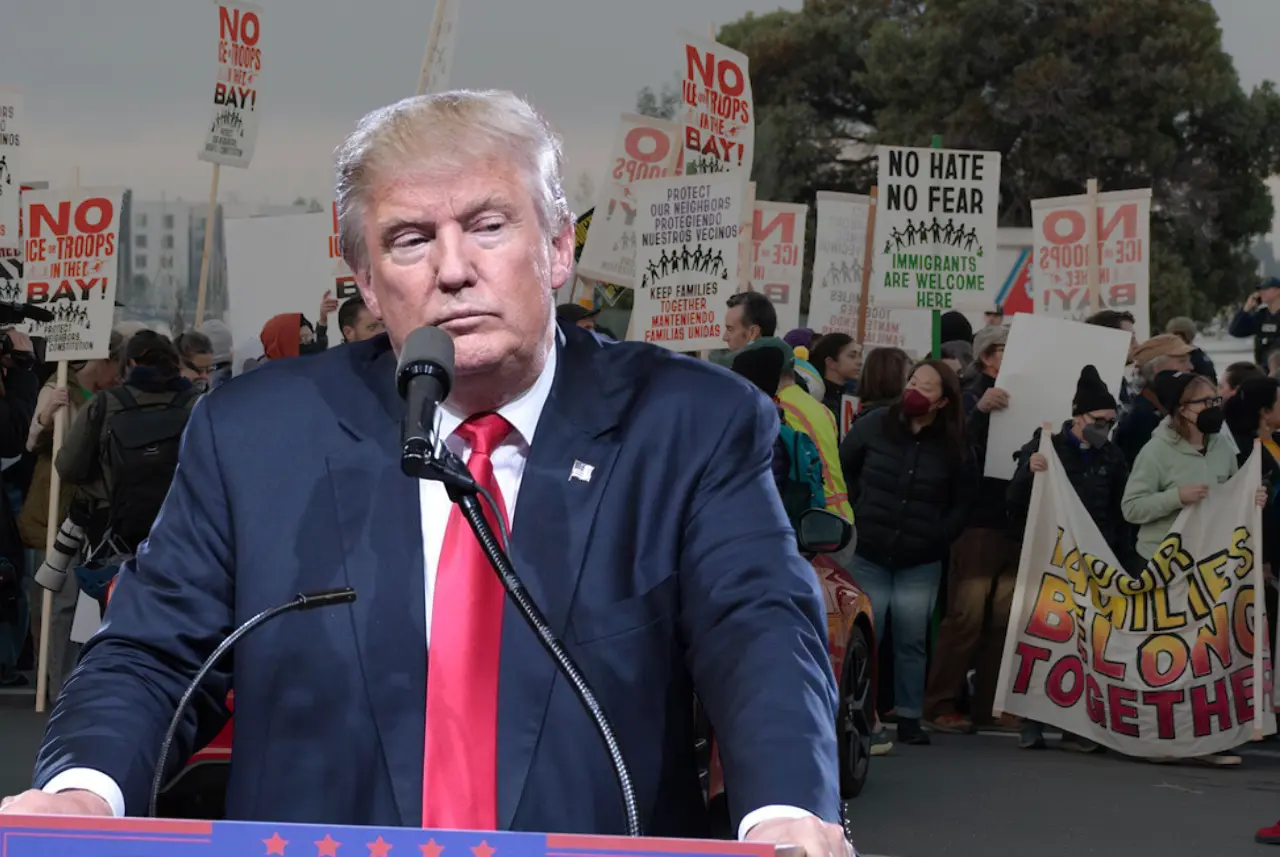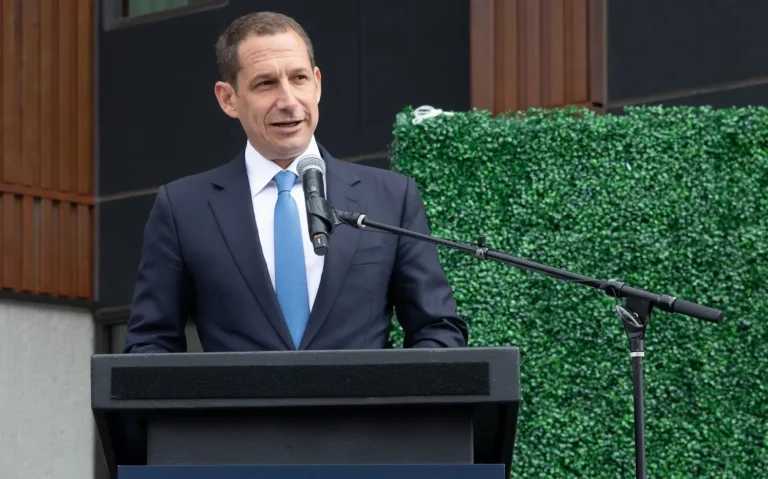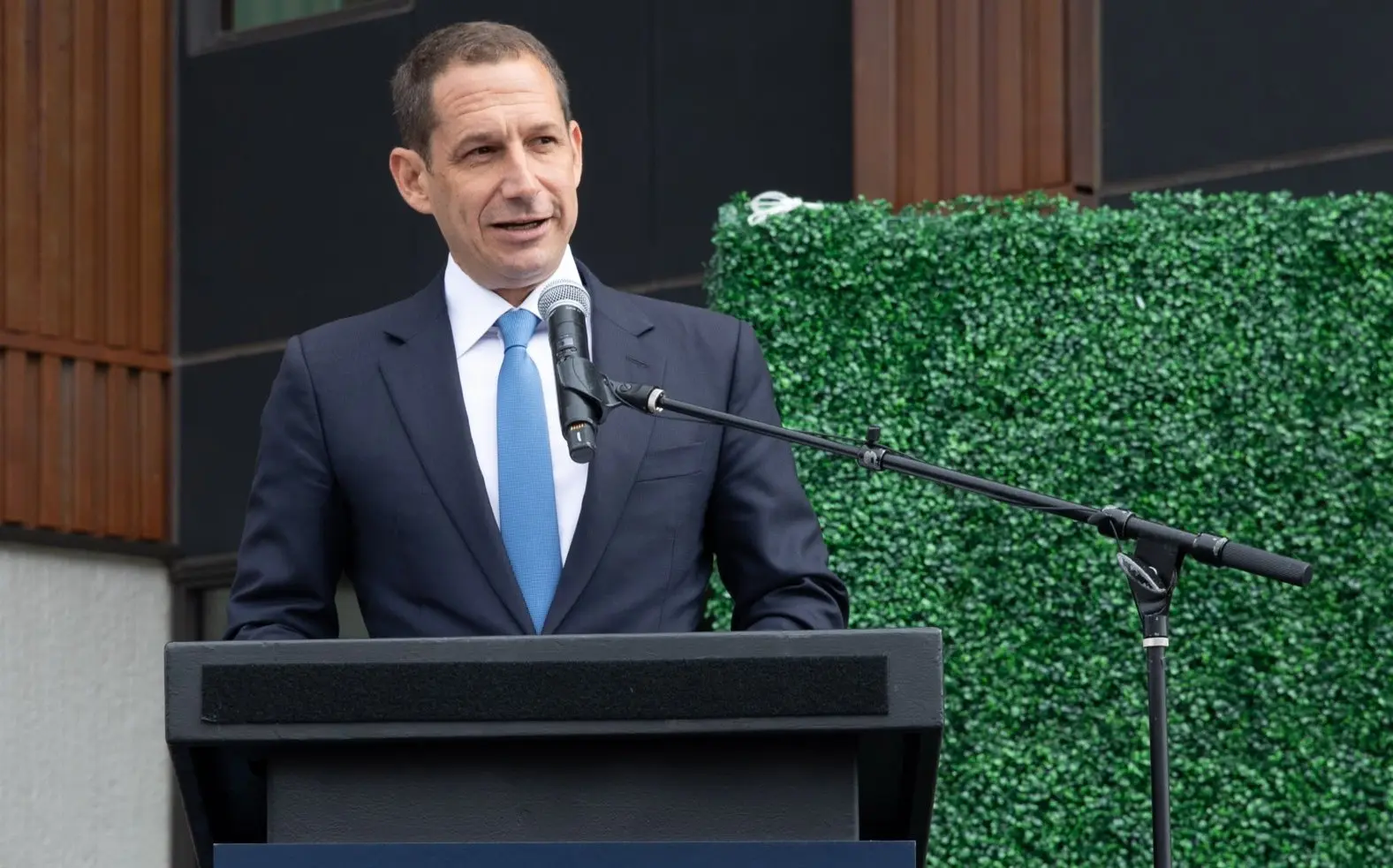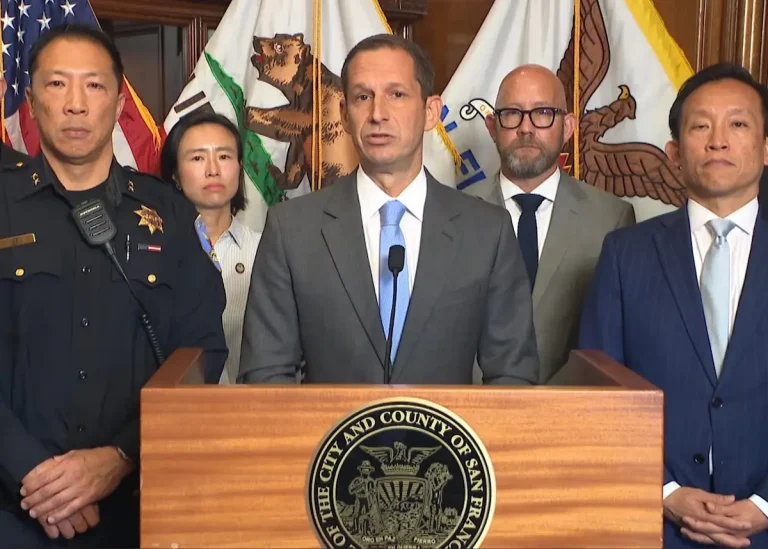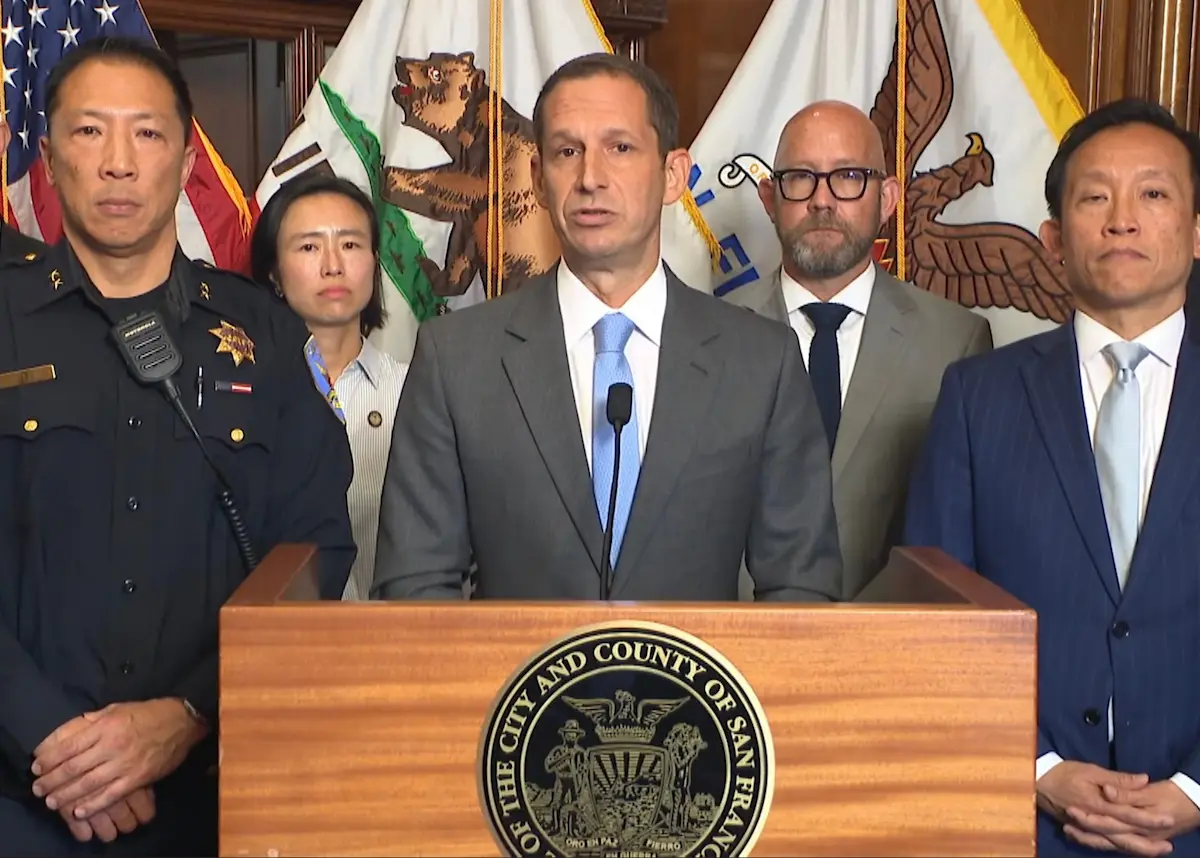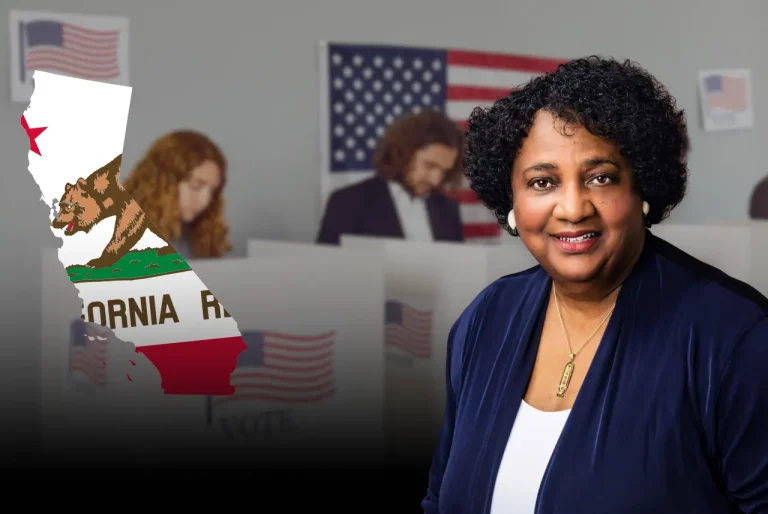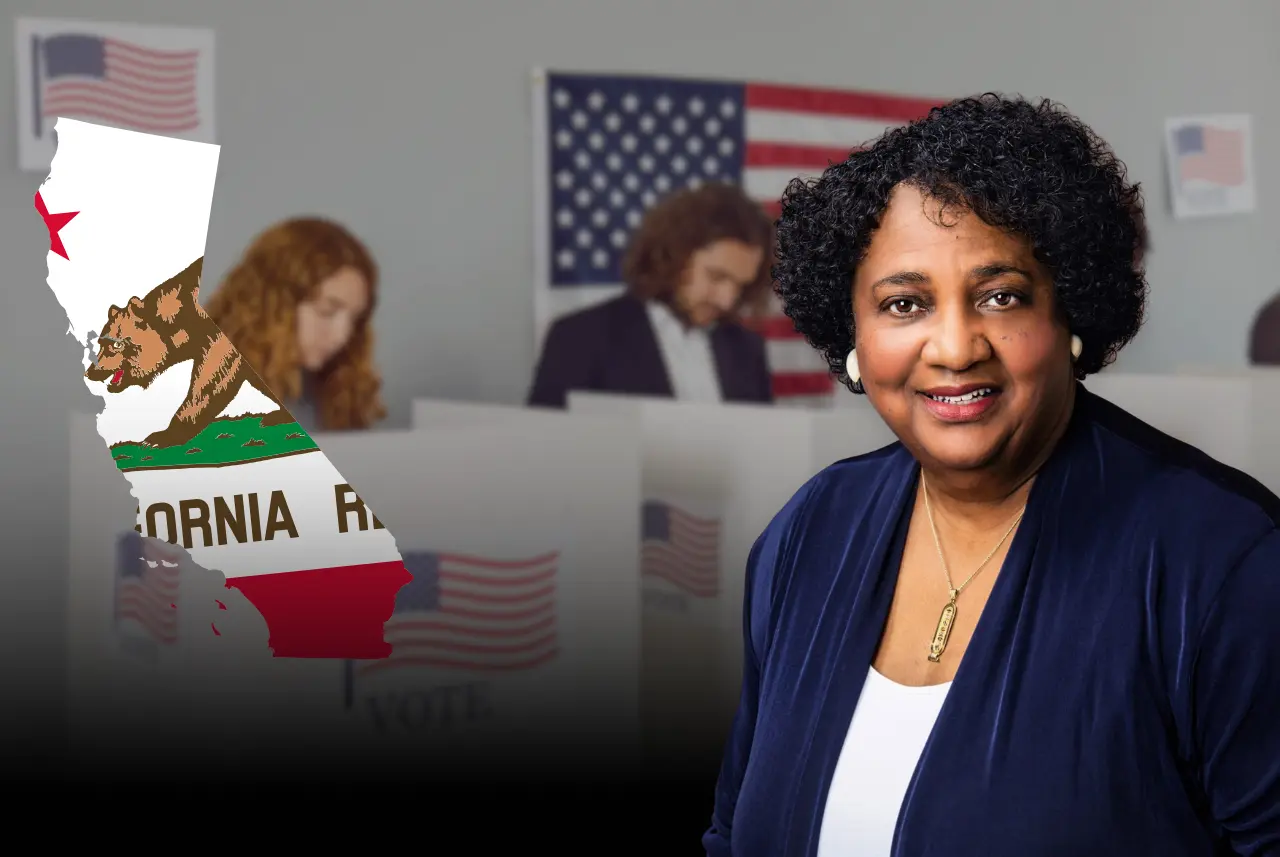A cuatro semanas de Thanksgiving (Día de Gracias), Estados Unidos enfrenta un cierre federal que ya deja profundas cicatrices. Mientras millones de familias temen quedarse sin asistencia alimentaria, el presidente Donald Trump ha iniciado la demolición del ala Este de la Casa Blanca para construir un nuevo salón de baile valuado en más de 250 millones de dólares.
La ironía es dolorosa: mientras el gobierno se paraliza por falta de presupuesto, en el corazón de Washington retumban las excavadoras. Los trabajos comenzaron el 20 de octubre de 2025, con maquinaria pesada derribando parte de la fachada histórica del complejo presidencial para dar paso a un salón de 90 000 pies cuadrados, el más grande en la historia del edificio.
Trump asegura que se trata de una obra “financiada por donantes privados y por él mismo” —como reportó PBS NewsHour—, aunque funcionarios admiten que no existe un registro público de los aportantes ni de los costos asociados a la seguridad, electricidad y preservación patrimonial.
El National Trust for Historic Preservation advirtió que la demolición “pone en riesgo la integridad arquitectónica” de la Casa Blanca, mientras grupos de conservación exigen una revisión del proyecto por los daños estructurales que ya se observan en la zona este.
“El tamaño y la escala del nuevo salón son incompatibles con el carácter histórico del edificio”, señaló la organización en un comunicado difundido por ABC News.
Mientras tanto, en el otro extremo del país, millones de estadounidenses enfrentan incertidumbre y hambre por el cierre federal. En California, el gobernador Gavin Newsom declaró que el país vive una crisis humanitaria “causada por el cinismo político de Washington” y anunció 80 millones de dólares en fondos de emergencia para reforzar los bancos de alimentos. “Cuando los republicanos en Washington no se mueven, California da un paso adelante”, afirmó Newsom, subrayando que 5.5 millones de californianos dependen del programa CalFresh, la versión estatal de SNAP.
El impacto del cierre no es menor. Solo en el condado de San Mateo, más de 35 000 familias podrían perder sus beneficios alimentarios este mes. Cada mes, 6.5 millones de dólares en asistencia fluyen hacia hogares que dependen del programa para poner comida en la mesa. “El gobierno federal está a punto de privar a las familias de la comida que necesitan para sobrevivir”, advirtió la supervisora Jackie Speier en conferencia de prensa.
Según The Washington Post, los programas de asistencia como WIC —que provee alimentos a madres y bebés— podrían agotar sus fondos en una o dos semanas, dejando a millones sin cobertura. El Departamento de Agricultura ha reconocido que no tiene fondos suficientes para garantizar la continuidad de SNAP si el cierre se prolonga.
Aun así, la Casa Blanca mantiene silencio. Ningún portavoz ha explicado por qué el proyecto del nuevo salón continúa mientras las agencias federales más críticas están cerradas. Los trabajadores federales no reciben salario, los parques nacionales están clausurados, y los programas de vivienda y salud están en pausa, pero los obreros contratados por el gobierno trabajan sin descanso bajo los reflectores del Ala Este.
El contraste es demoledor: un presidente construyendo un palacio dorado mientras su país se apaga.
En palabras de Newsom, “no es momento de grandilocuencia, es momento de acción. California cuidará de los suyos, con o sin Washington”.
Y en las filas de los bancos de alimentos de San Francisco, Los Ángeles o Detroit, la desesperanza se mezcla con la dignidad. Como Cynthia Bell Whittle, abuela que vive con $152 mensuales en asistencia alimentaria: “A veces tengo tres dólares en mi cuenta. Pero al menos todavía tengo fe”.
El cierre del gobierno no solo ha congelado el gasto, ha congelado la empatía.
More from the author: Ser “chingón” es de mexicanos: unidad y resiliencia en medio de la tragedia

